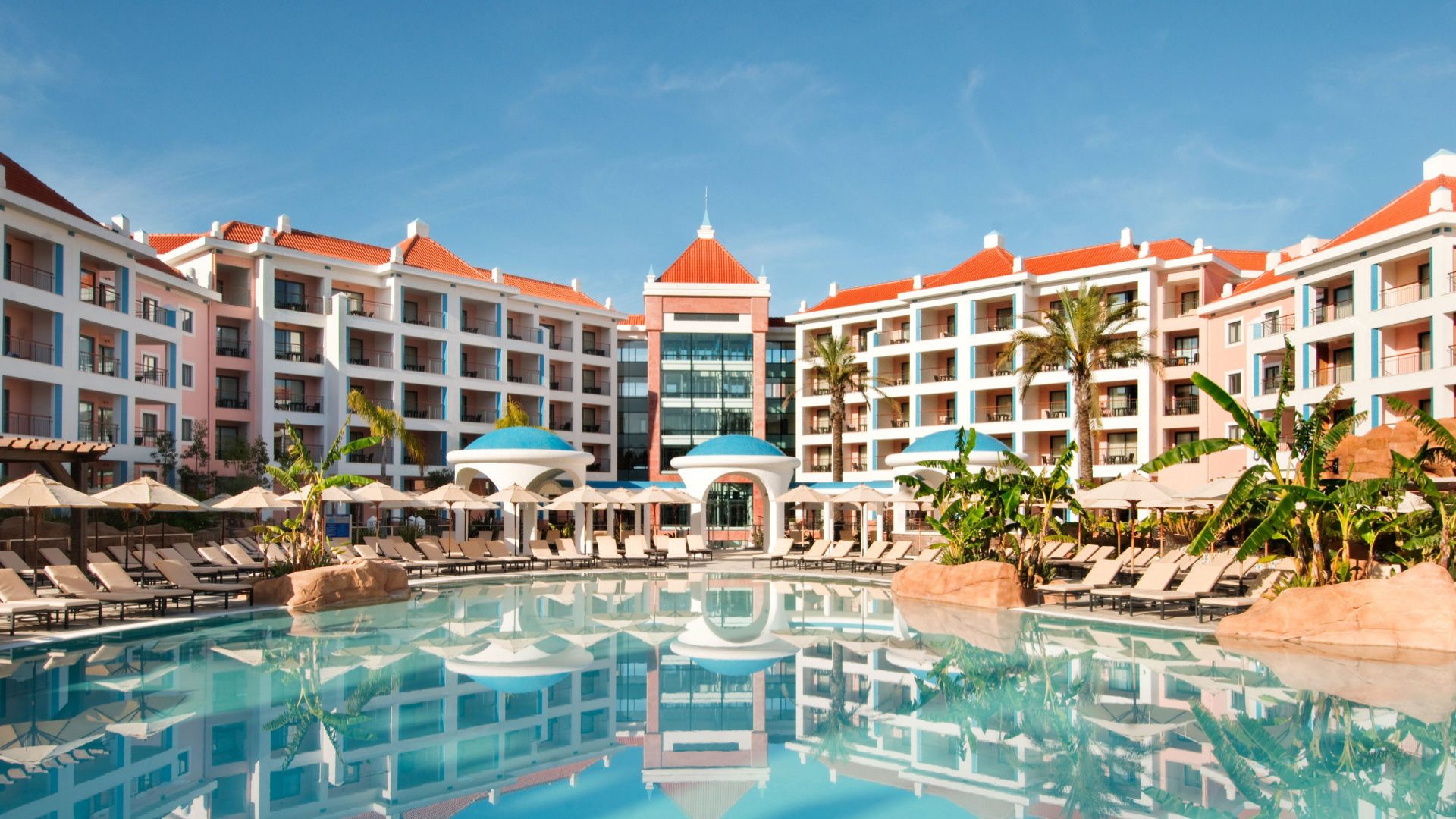After a 30% drop in 2021, real estate sector expects €1.8 billion in investments next year
After 2020 being one of the best years ever for the real estate sector, 2021 is expected to end with a 30% investment loss.
2021 is not yet over and the real estate sector is already counting on €1.8 billion in investments for 2022, according to Cushman & Wakefield’s Marketbeat. Despite the pandemic, 2020 was one of the best years ever for the sector, but 2021 is expected to end with a 30% investment loss.
In a year impacted by pandemic, the real estate sector proved resilient and, contrary to expectations, closed with a total investment volume of around €2,800 million. It was even one of the best years ever. In 2021, with things returning to normality, Cushman estimates the balance remains positive, but below 2020: it should end with an investment volume of only €2,000, about 30% less.
So far, €1,130 million have been invested in national real estate, with three major deals (37% of the total) standing out: the sale of the Tivoli Marina and Tivoli Carvoeiro hotels, for €148 million, the sale of 15 buildings in Quinta da Fonte, for around €130 million, and the sale of the Navigator portfolio for €120 million, as ECO previously reported.
Explaining the 30% drop in total investment are, above all, the main businesses. This is because, in 2020, as the consultancy explained in a meeting with journalists on Monday, the deals closed were much larger and the top three accounted for 50% of the concentrated volume right away. “There is nothing like it this year,” said Paulo Sarmento, head of investment at Cushman, pointing to ECS’ Project Crow, which is considered the biggest real estate deal of the year, but is not expected to be completed until 2022. “If we had Crow closing the deal this year, we would end 2021 with the same investment value as 2020,” he said.
“We have an enormous appetite from investors, but there are few assets that they want to buy and for which they are fighting hard”, says Paulo Sarmento, referring to logistics and residential properties for income.


